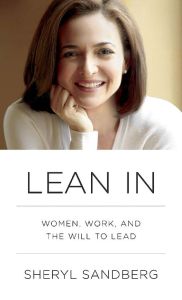For as much time as I spent working on my Python chops, I didn’t feel like I was getting a deeper understanding of OOP and its principles. I’ve since switched to Ruby, and it’s much better–I think? We’ll see. When I did preliminary research prior to the language change, the creator of Ruby indicated that he wanted OOP to be built-in, unlike Python, where it feels like an afterthought. I’m not going to pretend like I know what I’m talking about, but I do see more emphasis on objects and how they can be used all day, e’eryday.
I’m still working on various things related to JavaScript. JavaScript and I still aren’t friends, because it feels like it’s the “Beyond” section of Bed, Bath, and Beyond–it’s not strictly typed, but there are types, and things change from out beneath me, and you can do everything, but you can’t really outside these given rules, and goodness, it’s still taking me a lot of time to understand things that I’ve been working on for what feels like a long time. In addition to basic JavaScript, I’ve been working a bunch on Angular.js and jQuery. Free Code Camp is also going to cover Node.js and Express.js, so those are on the horizon.
Am I getting better at anything at all? It honestly doesn’t feel like it, and I’m glad that FCC makes you do projects, otherwise I would really have nothing at all to show for the work I’ve put in over the past year and a half or so. I began this development journey back in spring 2014, and wow, it’s been a lot longer than I thought and I’m still not where I want to be. Will I ever get there? I don’t know. I got a Skillcrush handout, and the advice was to start before you’re ready.
So I will. I hope to land two jobs, however small, by the end of the year. More would be better, but I just need to begin somewhere, and like the Irish say, well-begun is half done.


